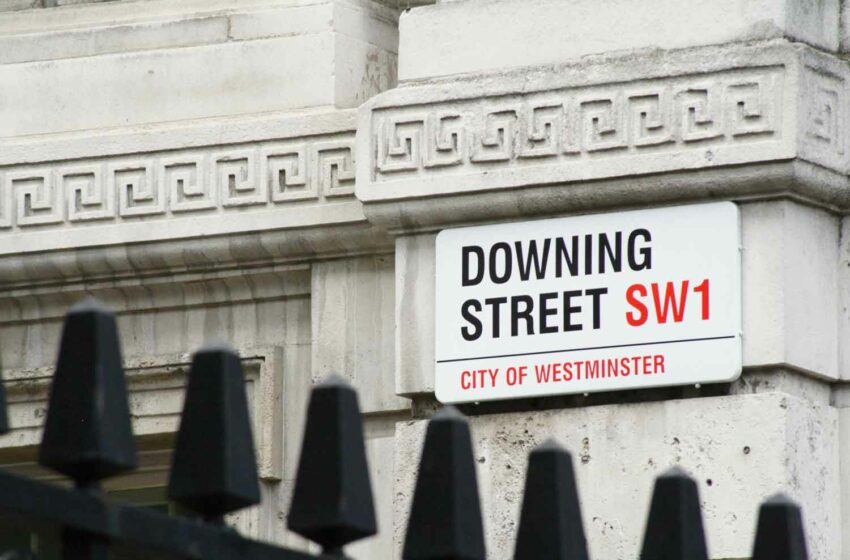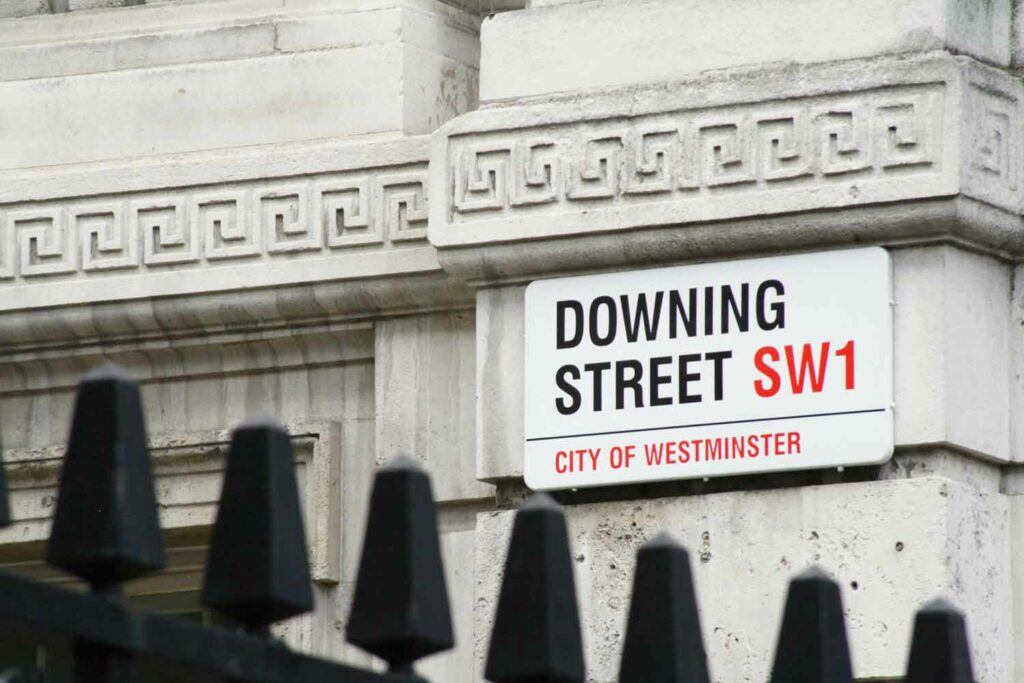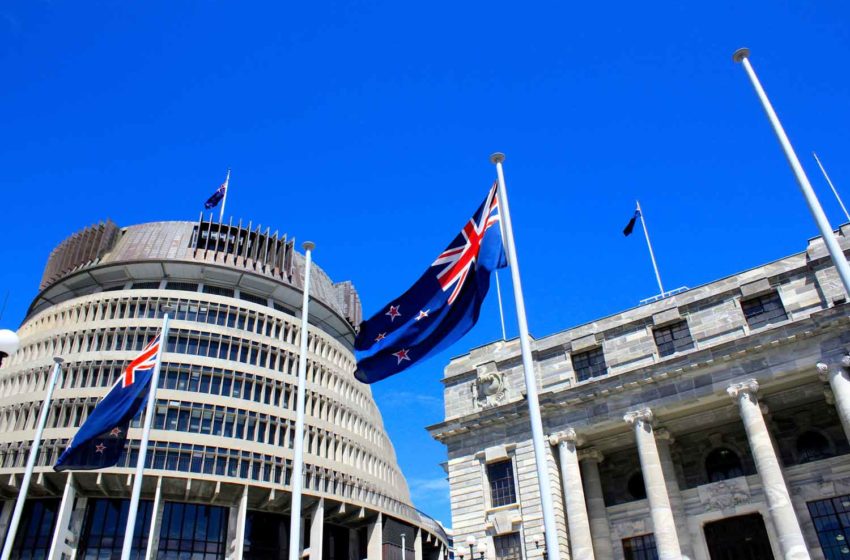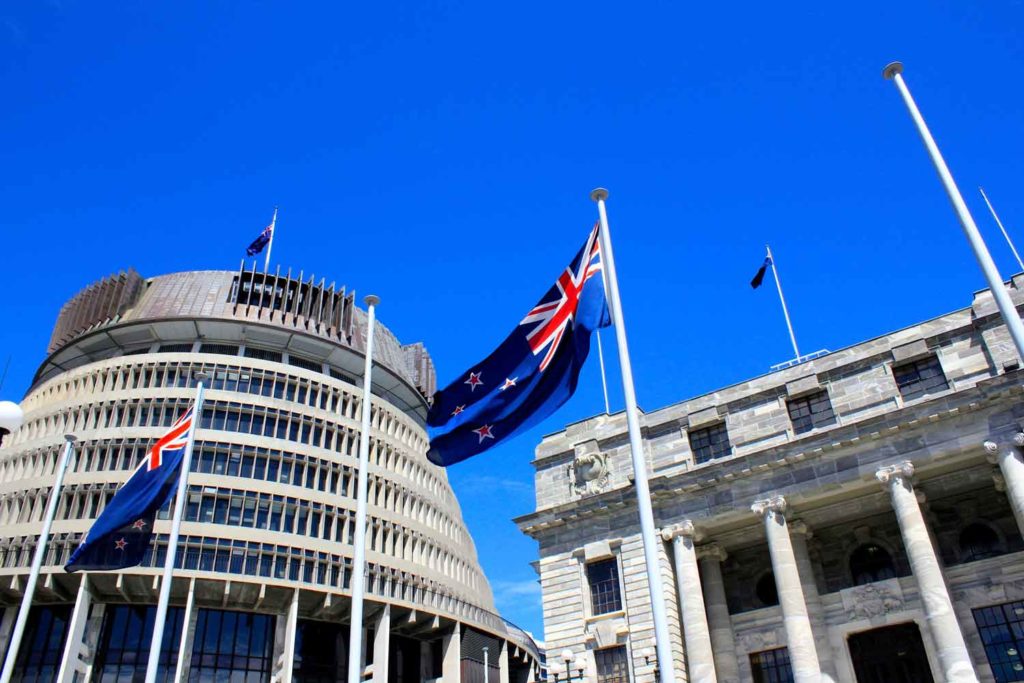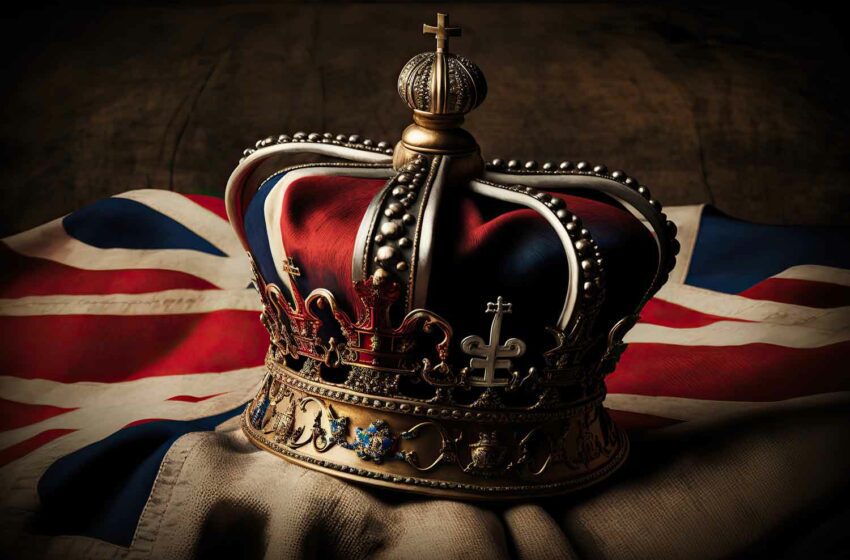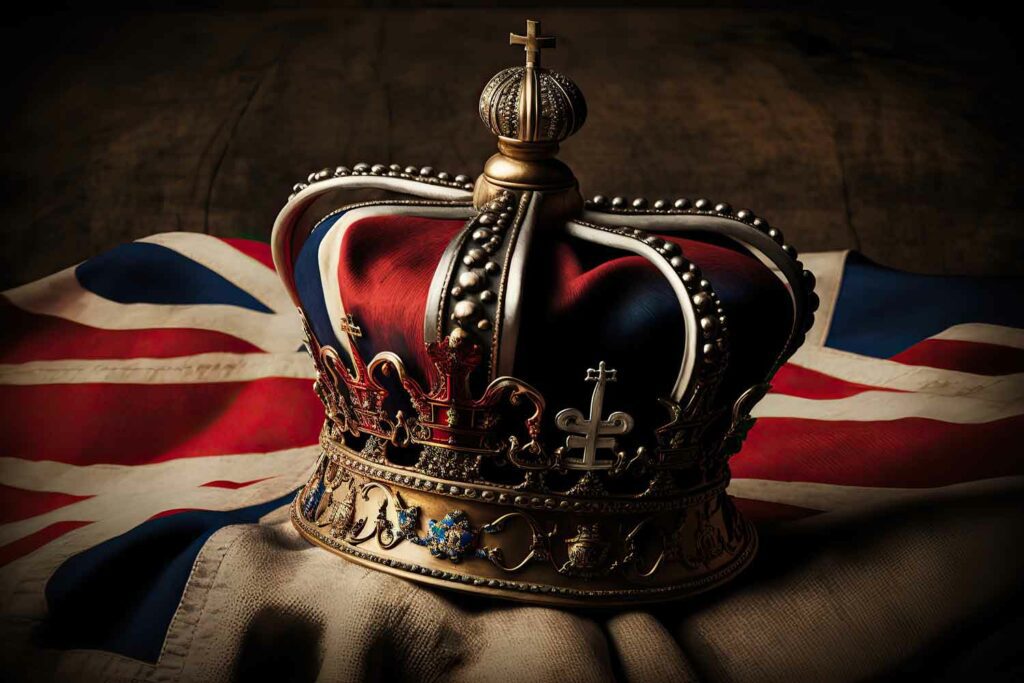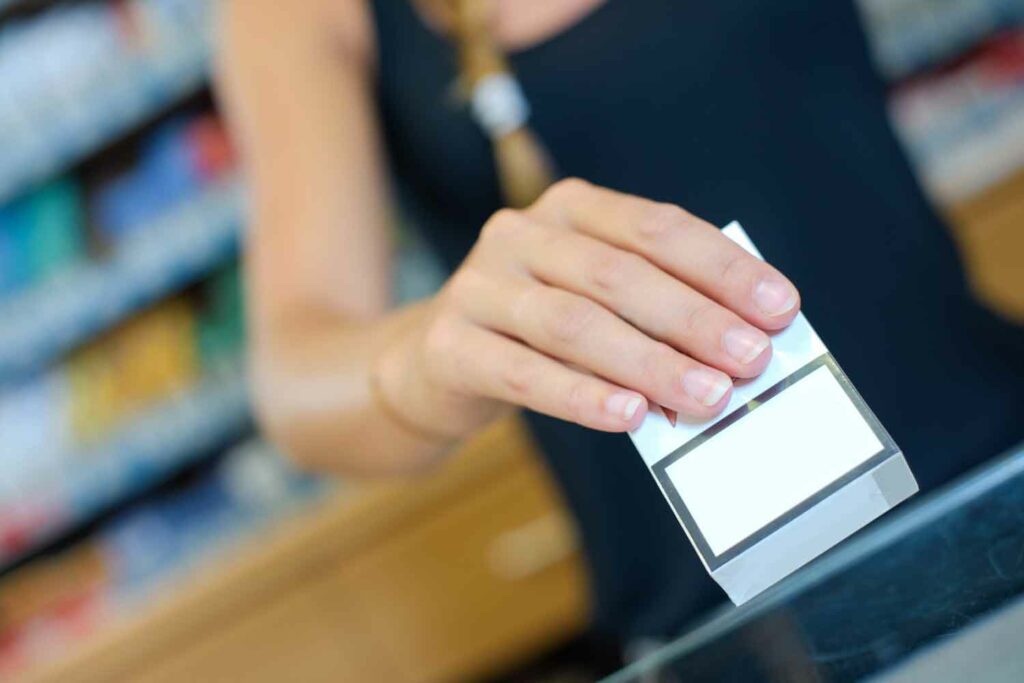
Almost three-fifths of people in Britain say that when people are 18 and legally an adult, they should be allowed to purchase cigarettes and other tobacco products, a new poll conducted on behalf of the smokers’ lobby group Forest has found.
Conducted by Yonder Consulting, the survey found that 58 percent of respondents think that if a person can vote, drive a car, buy alcohol or possess a credit card at 18, they should also be allowed to purchase tobacco.
Fewer than a third (32 percent) said they should not be allowed to purchase tobacco products when they are legally an adult at 18, while 10 percent said, “don’t know.”
Excluding “don’t knows,” almost two-thirds (65 percent) think that when people are 18 and legally an adult they should be allowed to purchase cigarettes and other tobacco products.
The poll comes on the final day for submissions to the government consultation on banning the sale of tobacco to future generations of adults born after 2008.
The consultation ends Dec. 6 and Forest is urging the government not to introduce a generational ban on the sale of tobacco but to follow the example of the new center-right government in New Zealand which has announced that it will repeal a similar generational sales ban introduced by that country’s previous Labour government.

Banning the sale of tobacco to future generations of adults is gesture politics by a prime minister who has run out of ideas and is desperate to leave a legacy.
Simon Clark, director, Forest
“As soon as you are legally an adult you should be treated like one and allowed to buy tobacco, if that’s your choice,” said Simon Clark, director of Forest.
“We can’t have a two-tier society in which some adults are permitted to buy cigarettes, and others are denied the same opportunity.
“Banning the sale of tobacco to future generations of adults is gesture politics by a prime minister who has run out of ideas and is desperate to leave a legacy.
“It ignores the consequences for law-abiding retailers, who will have to enforce this absurd policy, and drives a stake into the heart of traditional Conservative values such as freedom of choice and personal responsibility.”
The government consultation has also invited responses to proposals for further regulations on vaping products. Forest is urging the government to not ban disposable vapes, make vapes subject to excise duty, or restrict the promotion and display of vapes in shops.
According to Clark, vaping has been a free-market success story. “Millions of smokers who want to quit have done so by switching voluntarily to e-cigarettes and other reduced risk products, including heated tobacco and nicotine pouches,” he said.
“The issue of children vaping should be addressed not by imposing further restrictions on vapes but by enforcing existing age restrictions and punishing retailers who sell vapes illegally to children.”






